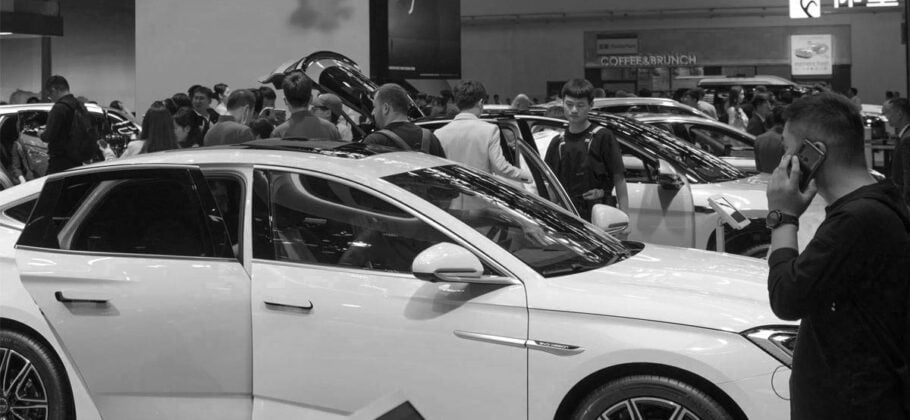The European Union (EU) has recently imposed significant tariffs, reaching up to 37.6%, on imports of electric vehicles (EVs) manufactured in China. This move, aimed at countering what the EU sees as unfair subsidies by the Chinese government, has sparked warnings from Beijing about a potential trade war. The decision has broad implications, not just for the EU and China, but also for the global automotive industry and international trade relations.
The Tariff Decision and Its Rationale
The EU’s decision follows an investigation launched last year by the European Commission into whether Chinese EV manufacturers were benefiting from state subsidies that unfairly undercut European carmakers. The Commission concluded that these subsidies did indeed pose a threat to the economic health of the EU’s automotive industry, which is in the midst of transitioning from traditional combustion engines to electric power.
As a result, the EU has imposed provisional duties ranging from 17.4% to 37.6% on various Chinese EV manufacturers. Companies that cooperated with the investigation, such as Tesla and BMW, face a 20.8% tariff, while those that did not cooperate will be subject to the maximum rate. These tariffs are an addition to the existing 10% import duties.
We at ACZ find it a bit strange that Tesla and BMW are faced with tariffs, albeit not as much as China. Tesla and BMW are not the products of government conspiracy to dump and undercut markets.
Reactions from China and Other Countries
China has responded strongly to the EU’s move. The Chinese government has threatened to take “all necessary measures” to protect its interests, which could include retaliatory tariffs on European exports like cognac and pork. Chinese officials have expressed hope that negotiations over the next four months will lead to a resolution, but the threat of escalating trade tensions looms large.
Other countries have also reacted. The United States has already imposed a 100% tariff on Chinese EVs, and Canada is considering similar measures. This reflects a broader trend of growing skepticism and protective measures against Chinese technological advancements and market strategies.
Impact on the Global Automotive Industry
The impact of these tariffs is multifaceted. In Europe, carmakers like Volkswagen have criticized the tariffs, arguing that they will not strengthen the European automotive industry in the long run. Volkswagen, Europe’s largest carmaker, has stated that the negative effects of the decision will outweigh any potential benefits. They and others fear that increased costs will be passed on to consumers, potentially reducing the competitiveness of EVs in the European market.
For Chinese EV manufacturers, the tariffs pose a significant challenge. Companies like BYD, Geely, and SAIC, which face some of the highest tariffs, may have to reconsider their pricing strategies or even their market presence in Europe. However, some Chinese manufacturers, like Nio and XPeng, have expressed determination to minimize the impact on consumers and continue their international strategies. They, of course, can afford to continue given that the Chinese government is determined to be there.
The tariffs could also drive Chinese automakers to invest in manufacturing within Europe to avoid the duties, despite higher labor and production costs. This could have long-term implications for the global distribution of automotive manufacturing.
Environmentally, the move complicates the EU’s push towards greater adoption of electric vehicles as part of its climate goals. By potentially increasing the cost of EVs, the tariffs might slow down the transition from fossil fuel-powered cars to electric alternatives, affecting the EU’s ambitious emissions reduction targets.
The EU’s imposition of tariffs on Chinese electric vehicles marks a significant development in global trade relations and the automotive industry. While aimed at protecting European manufacturers from unfair competition, the move risks escalating trade tensions with China and has sparked a complex web of reactions from various stakeholders. However, at least some of Europe recognizes the threat from China and the desire of China to dominate the automotive market at the expense of every other automaker. But we do not believe that 38% will be enough.











